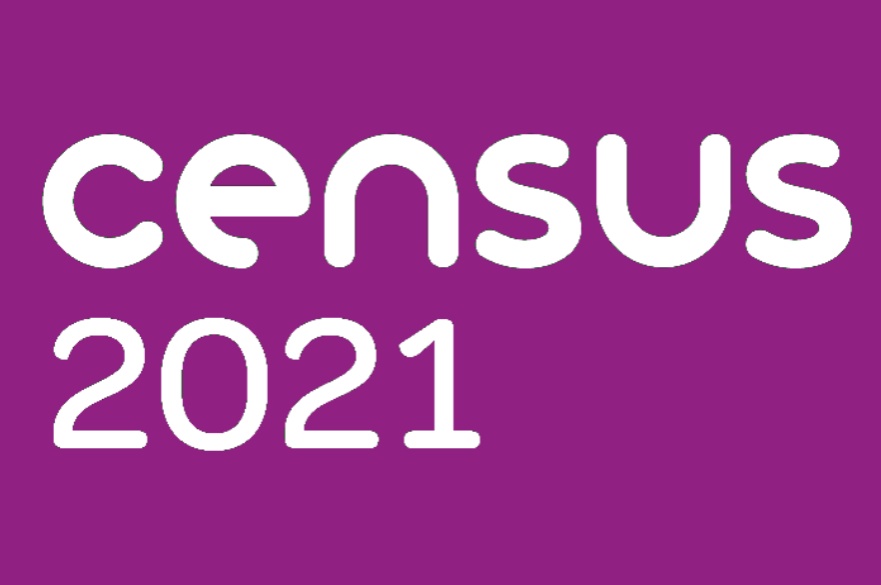Derby City Council is working with the Office for National Statistics, which runs Census 2021, to deliver a successful census and help local services fully meet their future needs.
Understanding the needs of the nation helps everyone from central government to local organisations, such as councils and health authorities, plan and fund public services across England and Wales. Census outputs inform where public funding is spent on services like transport, education, and health, on cycle routes, schools and dental surgeries.
The census, taking place on Sunday 21 March, will shed light on the needs of different groups and communities, and the inequalities people are experiencing, ensuring the big decisions facing the country following the coronavirus pandemic and EU exit are based on the best information possible.
Antonia Ajisebutu is the Census Engagement Manager for Derby, responsible for engaging with different communities across the City. She said,
It is really good to see a positive uptake of support from the organisations, charities and communities across Derby. By amplifying the Census message in their communities, we will not only get a true reflection of the society we live in, but it also ensures their community is represented in history.
The data Census collects is used to service us in our everyday lives from bus lanes, to car parking spaces, to hospital beds. Local authorities use the information to understand the makeup of our city and so it is a great opportunity for everyone to get involved to help improve the services we rely on and be a part of history.
Within Derby I am aware of communities that rely on Census data to secure funding and extra facilities for their community. Which in turn directly benefits new programmes that the community want to explore that can benefit younger generations.
Paul Simpson, Derby City Council Chief Executive said:
The Census is a hugely important piece of work that shapes the next ten years worth of funding and plans in the city.
As a Council the results of the census can have a big impact on how and where we spend our money so it’s vital that everyone is represented.
I’d encourage everyone to fill in their forms as promptly as possible.
Households will begin receiving letters with online codes from today Wednesday 3rd March explaining how they can complete their online census. People can also request a paper questionnaire if they’d prefer to complete the census that way. In areas where lower online completion is expected, around 10% of households will receive a traditional paper form through the post.
There is plenty of help available, with people also able to complete the census over the phone with assistance from trained staff via the ONS’ free phone contact centre. The ONS also aims to provide in-person support to complete the census online through Census Support Centres where it is safe to do so.
The main census field operation will begin only after Census Day, contacting those who have not responded. Field staff will never need to enter people’s houses; they will always be socially distanced, wear PPE and work in line with all government guidance. They will be operating in the same way as a postal or food delivery visit.
Census 2021 will include questions about your sex, age, work, health, education, household size and ethnicity. And, for the first time, there will be a question asking people whether they have served in the armed forces, as well as voluntary questions for those aged 16 and over on sexual orientation and gender identity.
Results will be available in 12 months, although personal records will be locked away for 100 years, kept safe for future generations.
For more information and advice on how to answer the questions visit the census website.
